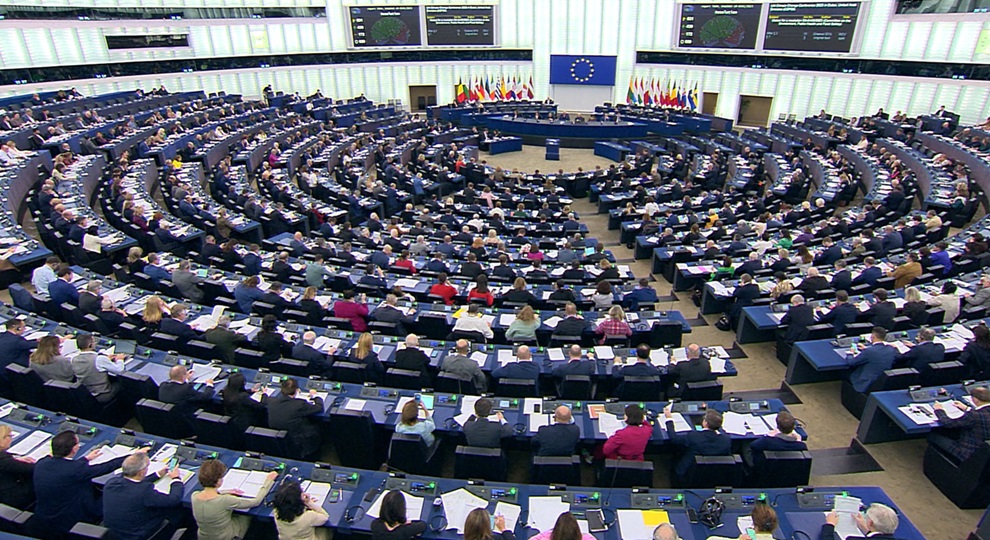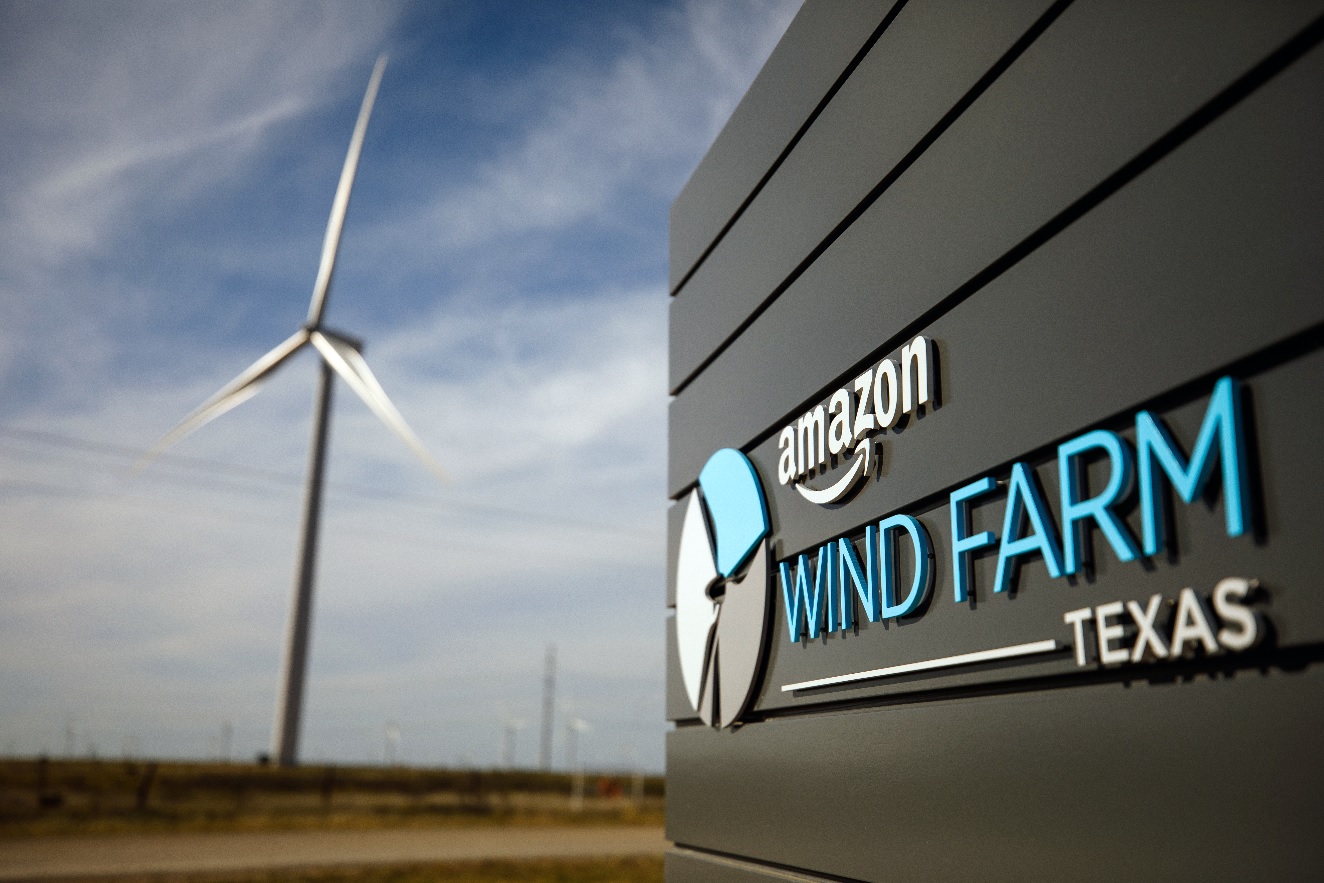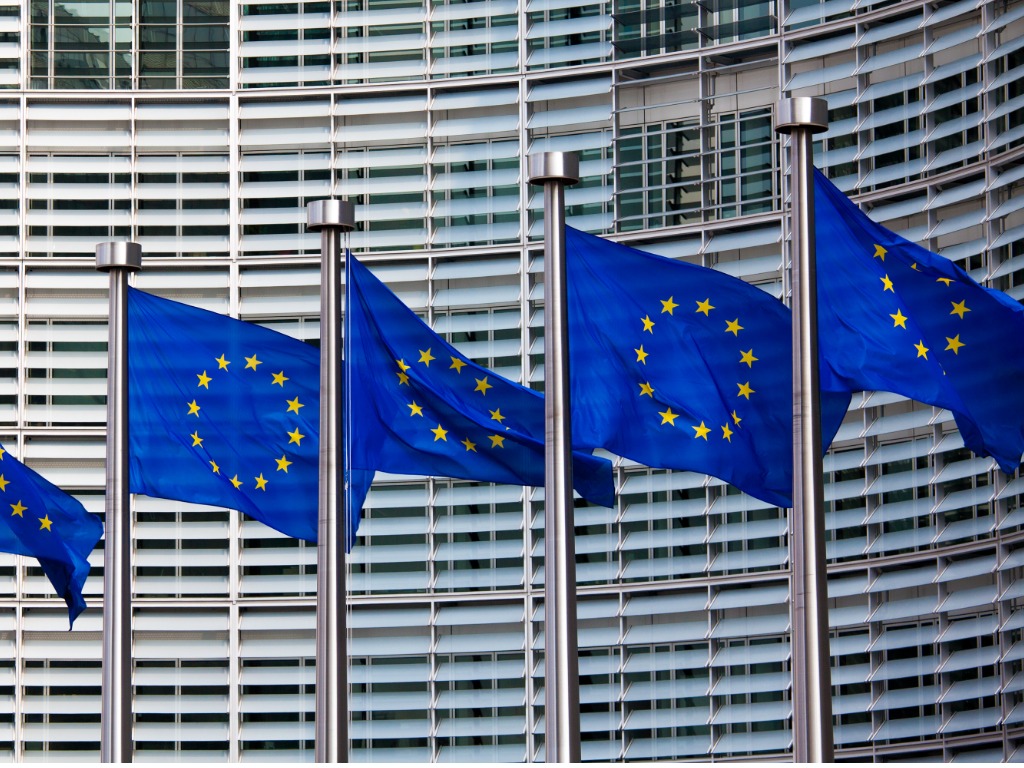EU Parliament Votes to Push for End of Global Fossil Fuel Subsidies by 2025 at COP28
Lawmakers in the European Parliament voted 462-134 for a resolution outlining its delegation’s position at the upcoming UN COP28 Climate Conference, which includes a call for the end of fossil fuel subsidies globally by 2025.
COP28 is set to take place in Dubai from November 30 to December 12. In addition to calling all for an end to all direct and indirect fossil fuel subsidies, at national, EU and global levels, “as soon as possible and by 2025 the latest,” the resolution also supports a tangible phasing out of fossil fuels as soon as possible and a halt to all new investments in fossil fuel extraction, as well as for the global target to triple renewable energy and double energy efficiency by 2030.
Efforts to secure global commitments to phase out fossil fuels in prior UN climate conferences have failed, with last year’s COP27 agreement only calling for an “increase in low-emission” energy and renewables, and COP26 including a pledge to “phase down” unabated coal use and inefficient fossil fuel subsidies.
While the international agreement reached at last year’s COP27 conference included some achievements, including a landmark deal to fund poorer countries’ response to climate change-related loss and damage, it saw little progress on key climate mitigation areas, such as raised national emissions ambitions or commitments to transition from fossil fuels to cleaner energy sources.
The text also highlights the need to increase international climate financing, with all countries asked to “contribute their fair share,” particularly toward the loss and damage fund agreed to at COP27, which saw developed nations committing to set up a fund that would pay for climate-change related damage in poorer, vulnerable countries.
In a statement following the vote, Peter Liese, Chair of the EP delegation to COP28, said:
“The European Union is financing much more than we should per capita, the problem are others, and I think we need to unite with the least developed countries, the small island states, to put pressure on those that didn’t live up to their responsibilities.”





